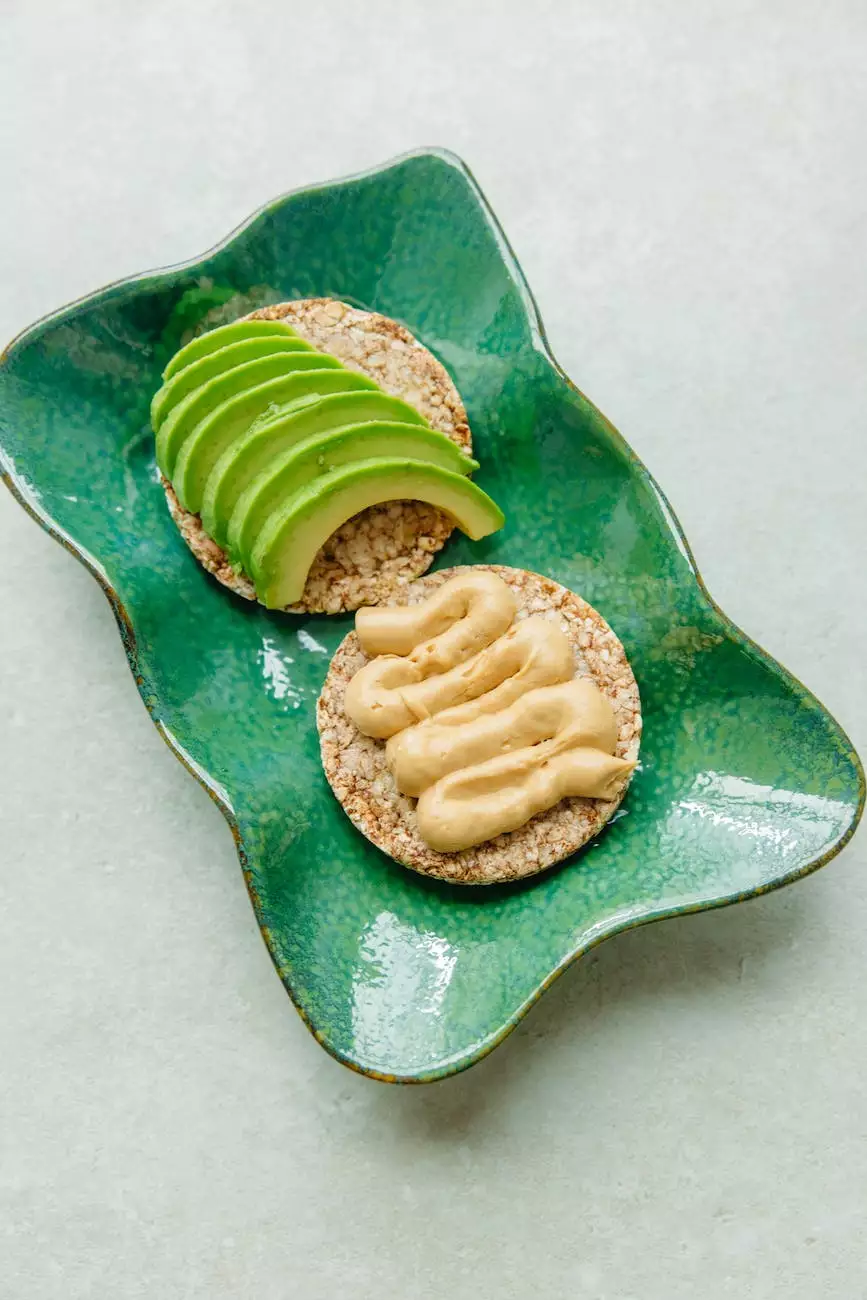Understanding Your Condition: Cardiac Diet
Senior Advocacy
Introduction
At Devoted Heart Adult Family Home, we understand the importance of maintaining a healthy diet to support your cardiac health. Our team of experts has compiled this comprehensive guide to help you gain a better understanding of your cardiac condition and provide you with practical tips on following a cardiac diet.
What is a Cardiac Diet?
A cardiac diet, also known as a heart-healthy diet, is specifically designed to promote cardiovascular health and reduce the risk of heart disease, high blood pressure, and other related conditions. It focuses on consuming nutritious foods that provide essential vitamins and minerals while limiting the intake of saturated fat, cholesterol, sodium, and added sugars.
Benefits of a Cardiac Diet
Adopting a cardiac diet offers numerous benefits for individuals with heart conditions. Some of the key benefits include:
- Lowering cholesterol levels
- Reducing blood pressure
- Controlling blood sugar levels
- Managing a healthy body weight
Key Principles of a Cardiac Diet
When following a cardiac diet, it is crucial to prioritize the following principles:
1. Reduce Saturated and Trans Fats
Avoid foods high in saturated and trans fats, such as processed meats, full-fat dairy products, and fried foods. Instead, opt for lean protein sources like skinless poultry, fish, and legumes. Include healthy fats from sources like avocados, nuts, and olive oil.
2. Increase Fiber Intake
High-fiber foods, such as whole grains, fruits, vegetables, and legumes, help lower cholesterol levels and maintain a healthy digestive system. Aim to consume at least 25-30 grams of fiber daily.
3. Limit Sodium Intake
Excessive sodium consumption can lead to high blood pressure. Avoid processed, salty foods, and limit the use of salt in cooking. Instead, enhance flavors with herbs, spices, and salt-free seasoning blends.
4. Incorporate More Fruits and Vegetables
Colorful fruits and vegetables are rich in antioxidants, vitamins, and minerals that support heart health. Aim to fill half of your plate with non-starchy vegetables and incorporate a variety of fruits into your diet.
5. Choose Whole Grains
Replace refined grains with whole grains like oats, quinoa, brown rice, and whole wheat bread. Whole grains are rich in fiber and nutrients, providing sustained energy and improved heart health.
Sample Menu
Here's a sample menu for a day following a cardiac diet:
Breakfast
- Steel-cut oatmeal topped with berries and a sprinkle of chopped nuts
- Greek yogurt with a side of sliced melon
- Green tea or freshly squeezed orange juice
Lunch
- Grilled chicken breast salad with mixed greens, tomatoes, cucumbers, and a drizzle of olive oil and vinegar dressing
- A side of whole grain bread
Snack
- A handful of almonds and an apple
Dinner
- Baked salmon seasoned with herbs, served with steamed broccoli and brown rice
- Leafy green salad with a variety of colorful vegetables
Snack
- Carrot sticks with hummus dip
Consult with Our Experts
For a personalized cardiac diet plan tailored to your specific needs, consult with the experts at Devoted Heart Adult Family Home. Our experienced team will guide you in making the right dietary choices to support your cardiovascular health and overall well-being.
Conclusion
Understanding your cardiac diet is crucial for managing your heart health effectively. By adhering to the principles of a cardiac diet, such as reducing saturated fats, increasing fiber intake, and limiting sodium consumption, you can improve your overall cardiovascular health. At Devoted Heart Adult Family Home, we are dedicated to providing you with the necessary resources and knowledge to lead a heart-healthy lifestyle.




